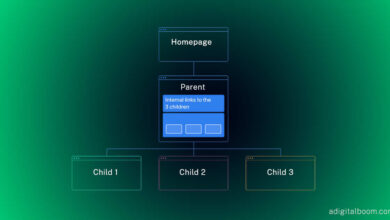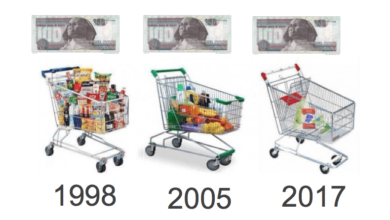10 PR Lessons Every Communications Pro Should Know

PR isn’t dead — but it is evolving fast. In today’s crisis-heavy world, public relations professionals are more essential than ever. When your company faces reputational damage, it’s not the social media manager who leads the recovery. It’s the PR team that steps up, protects the brand, and rebuilds trust.
During a recent global roundtable with some of the most respected voices in public relations, one thing became clear: while the channels have changed, the principles remain the same. PR professionals are still the frontline defense of corporate reputation — only now, their battlefield includes fake news, data leaks, and viral backlash.
Here are 10 hard-earned lessons that every PR professional should master to stay relevant and resilient in 2025:
1. Master the 3 Ps of PR
Position. Promote. Protect. These three pillars define what PR does. You’re not just telling stories — you’re shaping perception, driving credibility, and defending reputation when it matters most.
2. Always Ask Why
Don’t accept strategy by default. Challenge assumptions. Have the courage to ask leadership, “Why are we doing this?” This builds strategic alignment and helps prevent avoidable crises.
3. Train Everyone on Cybersecurity
Cybercrime cost companies over $300 billion last year. And most data breaches aren’t due to hackers — they’re due to employees clicking phishing links. PR must lead internal awareness efforts before a breach becomes headline news.
4. If You Don’t Want It Leaked, Don’t Write It
Emails get leaked. WhatsApp messages resurface. Press drafts go public. If a statement wouldn’t survive public scrutiny, it shouldn’t exist. Period.
5. Write for Your Worst Critics
Every press release, statement, and LinkedIn post must be crafted not just for your audience, but for your detractors. Assume bad-faith readers are watching. They usually are.
6. Prepare for Childlike Questions
“Why did this happen?” “Who’s responsible?” “What are you doing about it?” These are the questions that dominate every crisis — and every journalist interview. Be ready to answer them clearly.
7. Say Sorry — Fast
The faster a brand apologizes, the quicker the public moves on. Delay signals denial or arrogance. Speed shows accountability — and saves money.
8. Make Apologies Authentic
“Sorry” is only powerful when it feels real. Scripted statements won’t rebuild trust. Honest language will. So drop the legalese and speak human.
9. Focus on Reputation Survivability
Crisis management isn’t about optics — it’s about outcomes. Your goal isn’t just to contain the damage; it’s to emerge stronger, wiser, and more trusted than before.
10. Remember: Brand Gets You Found, Reputation Gets You Chosen
As marketing expert Christopher Penn puts it, “Brand power makes people search for you, reputation makes them convert.” PR isn’t just about headlines — it’s about trust that drives business results.
Want more insights like this? Explore our Marketing section and our full Guides library.



